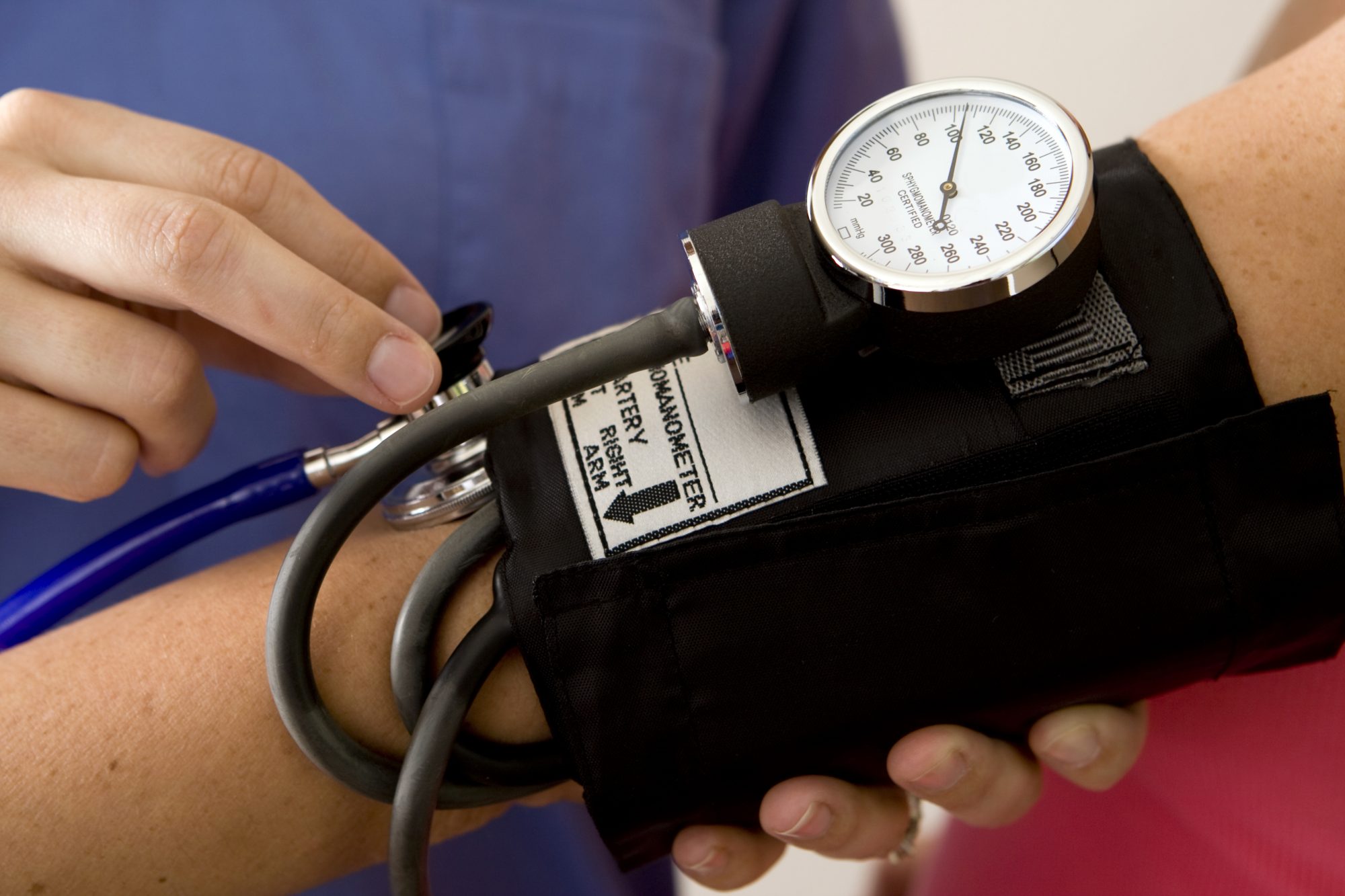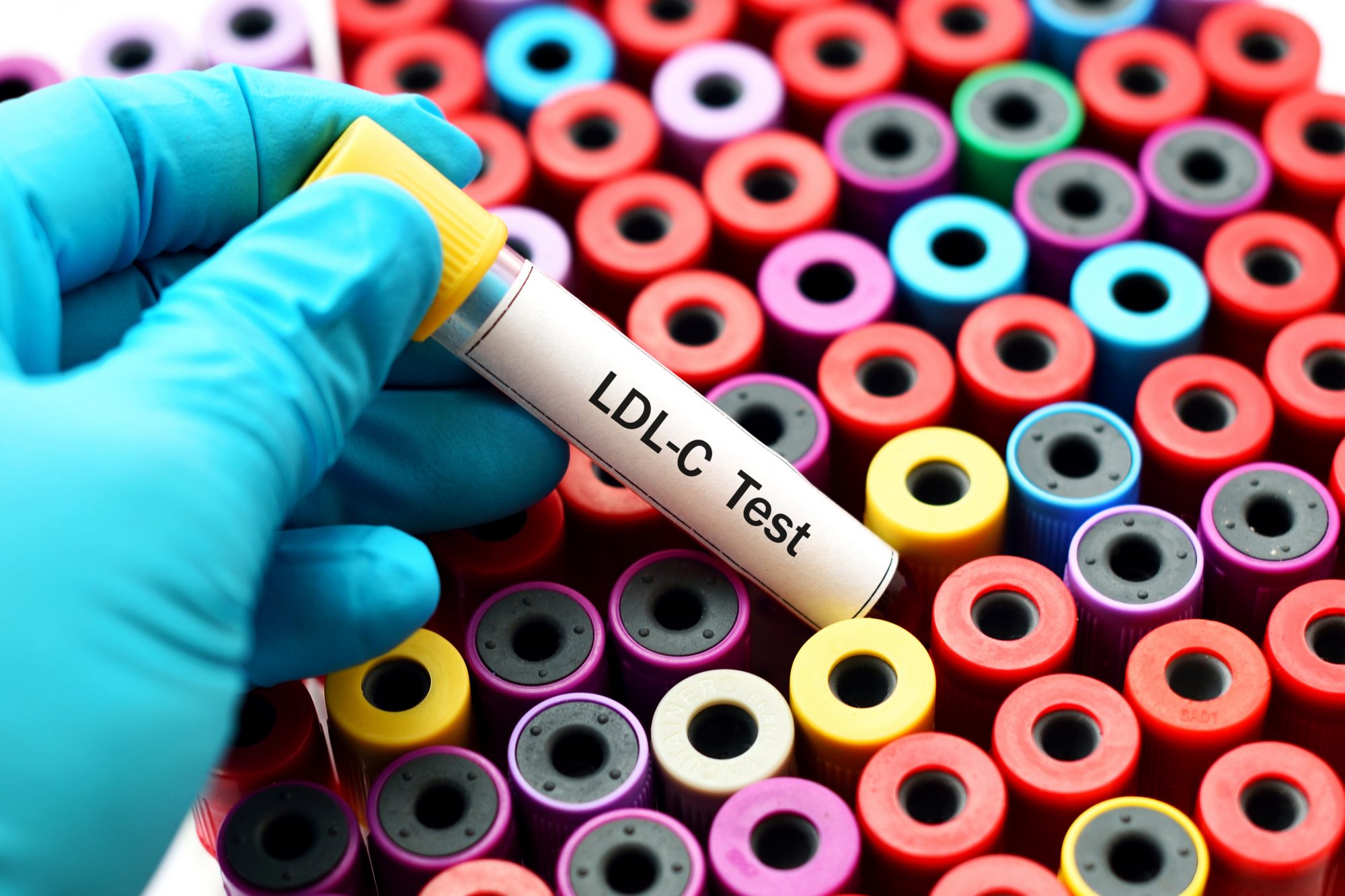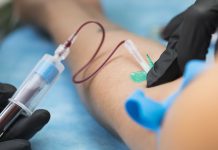Many people only become aware for the first time that they have a high cholesterol level, when they are admitted to hospital with a heart attack
Unfortunately, there are usually very few clinical signs of raised cholesterol.
Raised cholesterol can be detected as a result of asymptomatic blood testing. Cholesterol tests are offered to all UK adults between the ages of 40 and 74 at their free NHS health check, every 5 years.
However, here is a list of clinical signs that may signify a raised cholesterol
-
Arcus senilis
- A greyish, white rim that can be seen in the eye, at the outer circumference of the cornea. Although common in older adults, if it occurs in a person aged under 40, it may suggest that cholesterol levels are elevated.
-
Xanthelasma
- Whitish, yellow lumps that occur on the face around the eyes and nose. Tendon xanthomas can occur on the knuckles, the knees, the Achilles tendon, or on the tendons of the feet.
-
Dupuytren’s contracture
- This is a type of deformity of the hand. The tendons that supply the 4th and 5th fingers, in the palm of the hands, become tightened and contracted, such that you find it hard to fully straighten the 4th and 5th Over time, the fingers become permanently bent.
- Dupuytren’s contracture occurs more often in those with raised cholesterol levels but is also associated with smoking, alcohol, and diabetes.
-
Absent pulses
- The doctor may find when they examine you, that you have absent pulses in your limbs/ They may hear ‘bruits’ – abnormal sounds that can be heard if you listen over the blocked artery with a stethoscope. Heart murmurs, such as aortic stenosis, may be present.

A cholesterol test is required for the following medical conditions
If you have various medical conditions, your GP will often request a cholesterol test
Examples include –
- High blood pressure
- Angina or a heart attack
- A mini-stroke (Transient Ischaemic Attack or TIA), or a full-blown stroke
- Peripheral vascular disease – claudication, or an ischaemic limb (gangrene)
- Aortic aneurysm
- Diabetes (Type -1 and Type-2)
- Erectile dysfunction
- Eye disease
Other medical conditions linked to raised cholesterol
Other medical conditions that have been linked to raised cholesterol include –
-
Diabetes
- Diabetes (type-1 and type-2) increases the risk of raised cholesterol. Most often it results in raised triglycerides, with raised LDL ‘bad’ cholesterol. Raised triglycerides are a leading predictor of cardiovascular disease. Most people who have diabetes should be assessed for use of statins or other drugs to help lower cholesterol.
-
Menopause
- Heart disease is the leading cause of death in women in the UK. When they reach menopause, women are no longer protected by their hormones and their heart disease risk catches up with that of men. Women going through perimenopause would be advised to have their cholesterol levels checked. It may be helpful to know that HRT tends to lower cholesterol – oral HRT lowers it more than transdermal (patch/gel) HRT.
-
Obesity
- Obesity is associated with increased amounts of adipose tissue. White fat is an active metabolic tissue that secretes proteins and hormones which disrupt metabolism resulting in insulin resistance, chronic inflammation, and atherosclerosis. Obesity is also linked to raised total and LDL ‘bad’ cholesterol, lowered HDL ‘good’ cholesterol and raised triglycerides.
-
Psoriasis
- Raised cholesterol levels have been noted to be linked to autoimmune diseases, including psoriasis.
-
Osteoporosis
- There seems to be an association between high cholesterol and lowered bone mineral density, which leads to osteoporosis.
-
Liver disease
- Elevated levels of cholesterol result in excess fat being stored in the liver, and this damages your liver function. Raised cholesterol in non-alcoholic fatty liver disease (NAFLD)facilitates the progression to non-alcoholic steatohepatitis (NASH).
-
Kidney disease
- Atherosclerosis can affect the renal arteries that supply the kidneys, reducing renal blood flow, which can damage kidney function.
-
Hypothyroidism
- An underactive thyroid gland results in raised LDL ‘bad’ cholesterol.
-
Cushing’s syndrome
- This is a condition in which there are excess cortisol levels. Raised cortisol levels are linked to raised cholesterol levels. High cortisol levels activate the renin-angiotensin-aldosterone (RAS) system – the key enzymes in the kidney that control blood pressure. This means Cushing’s is also associated with raised blood pressure.
-
Alcoholism
- Alcohol is broken down in the liver and turned into cholesterol and triglycerides. Drinking excessive amounts of alcohol damages liver function and leads to elevated levels of cholesterol and triglycerides.
Does medication affect cholesterol levels?
Many different types of medication can raise cholesterol levels. Before prescribing them, your GP will have assessed your risks and decided the benefits of taking them would outweigh the risks. However, it’s always possible to discuss with your doctor if there are any alternatives.
-
Beta-blockers
- Examples include propranolol, metoprolol and bisoprolol. These can lower DHL cholesterol.
-
Steroids
- Examples include prednisolone, lower HDL and raise LDL cholesterol. They can also cause high blood pressure.
-
Amiodarone
- This anti-arrhythmic drug tends to elevate total cholesterol levels.
-
Cyclosporine
- This is an anti-rejection drug, taken after organ transplantation, that can raise LDL cholesterol levels.
- Anabolic steroids
- These are male sex hormones that are not recommended but are sometimes used by bodybuilders. They can lead to raised LDL and lowered HDL cholesterol.
-
Protease inhibitors
- These are anti-HIV drugs. They include ritonavir, lopinavir, and atazanavir. They are often prescribed along with lipid-lowering drugs.
-
Diuretics
- Thiazide diuretics such as chlorothiazide and hydrochlorothiazide, can cause raised total cholesterol and raised LDL cholesterol. Loop diuretics such as frusemide and bumetanide lead to an increase in LDL cholesterol.

Do lifestyle factors raise cholesterol?
-
A high-fat diet
- A diet high in saturated fats and trans fats is associated with raised cholesterol. Men should not eat more than 30 g of saturated fat per day and women should not eat more than 20 g.
- Saturated fats are found in processed foods, fatty meats – bacon, sausages, and salami.
- Trans fats are solid fats like butter, cheese, and lard – these are found in biscuits, cakes and pastries. Avoid these fats. Instead, eat unsaturated (healthy) fats derived from plant and vegetable oils such as olive oil, sunflower, and rapeseed oil.
-
A high-sugar diet
- Research studies suggest that eating a high-sugar diet is associated with raised cholesterol levels, specifically raised LDL, lowered HDL cholesterol, and raised triglycerides.
- Adults are recommended to eat no more than 30 g of sugar per day (7 sugar lumps).
- Beware of hidden sugars in foods – especially processed foods, sauces, and fizzy drinks.
-
Smoking
- Acrolein is just one of the 3000 toxins found in cigarette smoke. It enters the smoker’s bloodstream and disrupts the body’s cholesterol metabolism. It is thought to inhibit the enzyme responsible for maintaining LDL cholesterol, resulting in a build-up of LDL cholesterol.
- Acrolein also has a detrimental effect on HDL cholesterol. Smokers are 2-4 times more likely to have a heart attack than non-smokers.
-
Stress
- Chronic stress leads to activation of the sympathetic nervous system (SNS) – the ‘fight fright, and flight’ mechanism that springs into action when your body is in danger. In chronic stress, adrenaline and cortisol levels become persistently elevated, leading to chronic inflammation. As a result, levels of LDL ‘bad’ cholesterol increase, and HDL ‘good’ cholesterol are reduced.
- When we feel stressed, we tend to eat more, crave the wrong foods, drink more alcohol, and do less exercise – all of which are risk factors for heart disease.
-
Lack of exercise
- Lack of physical exercise leads to raised cholesterol – most commonly raised LDL cholesterol. Exercise is known to lower cholesterol.
- Make sure you are getting the recommended 150 minutes per week of moderate-intensity exercise, as a minimum.
-
Too little sleep
- In research studies, those who slept for less than 7 hours per night, were more likely to have lowered HDL cholesterol and raised triglycerides.
- Lack of sleep leads to reduced production of the hunger hormones leptin and ghrelin – which are vital for appetite control and to help you feel full after meals – and which also affect cholesterol metabolism.
Final thoughts
Raised cholesterol is a silent killer. Your cholesterol will be checked as part of your free NHS health check, offered to all UK adults every 5 years between the ages of 40 and 74. It’s never too early to have this check up. Early detection of raised cholesterol gives you the chance to do something about it before its too late. Why not book yours today?
For more information
This piece was provided by Dr Deborah Lee, Dr Fox Online Pharmacy








